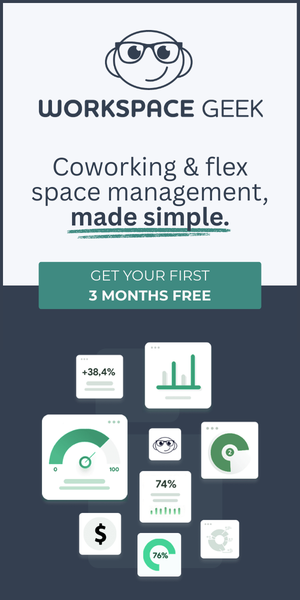Data from employee visibility software platform Prodoscore confirms what many have suspected for years: remote working has a positive impact on the mental health of professionals.
According to the findings, 82.3% of workers said they were happier when working remotely compared to working in an office, citing experiencing having better mental and physical health.
More specifically, 36.7% of Americans said their mental health has improved since shifting to work-from-home arrangements, with 30.2% stating they had more time to spend with loved ones.
Additionally, 43.8% said their physical health has improved and 39.5% said they have more time to workout.
Although working from home provides a healthier balance of flexibility, standing out of the crowd can be more challenging. Feeling like a valuable, contributing member of a team can make a significant difference in how professionals view their position.
Prodoscore also showed that 47.7% of respondents said they are confused about the future of their work due to a lack of communication, while 41.% say they are confused due to confusion about how long work-from-home policies will remain.
Both encapsulate one of the more glaring issues with distributed workforces: communication.
Without having clear work expectations or receiving feedback from leaders, employees can feel lost and even turn to overworking to stand apart.
“While productivity has increased overall with the shift to a WFH model, not every one of your employees is going to be able to manage the change with equal skill,” said David Powell, President at Prodoscore. “This is another instance where insights generated from productivity intelligence software data is critical.”














